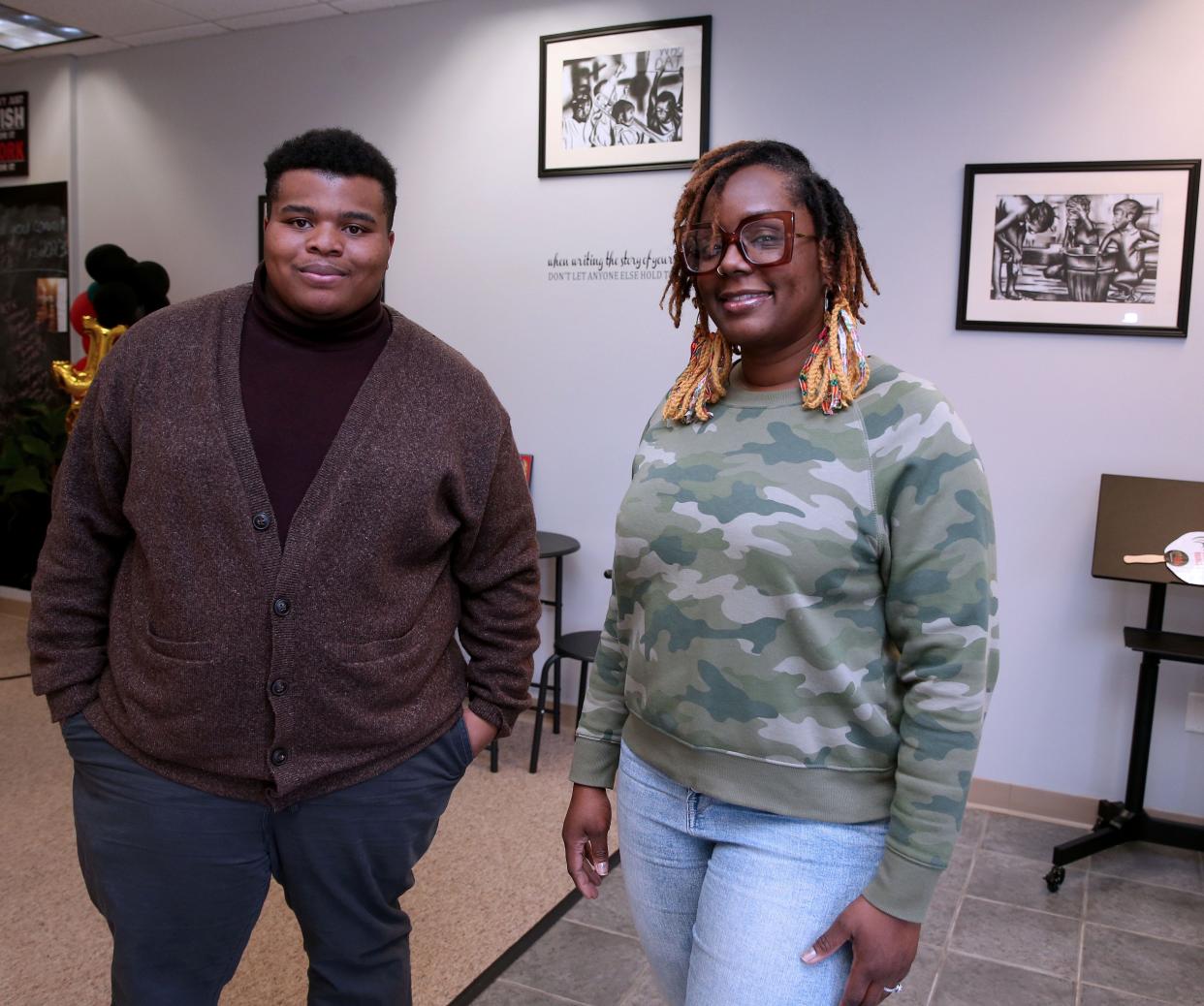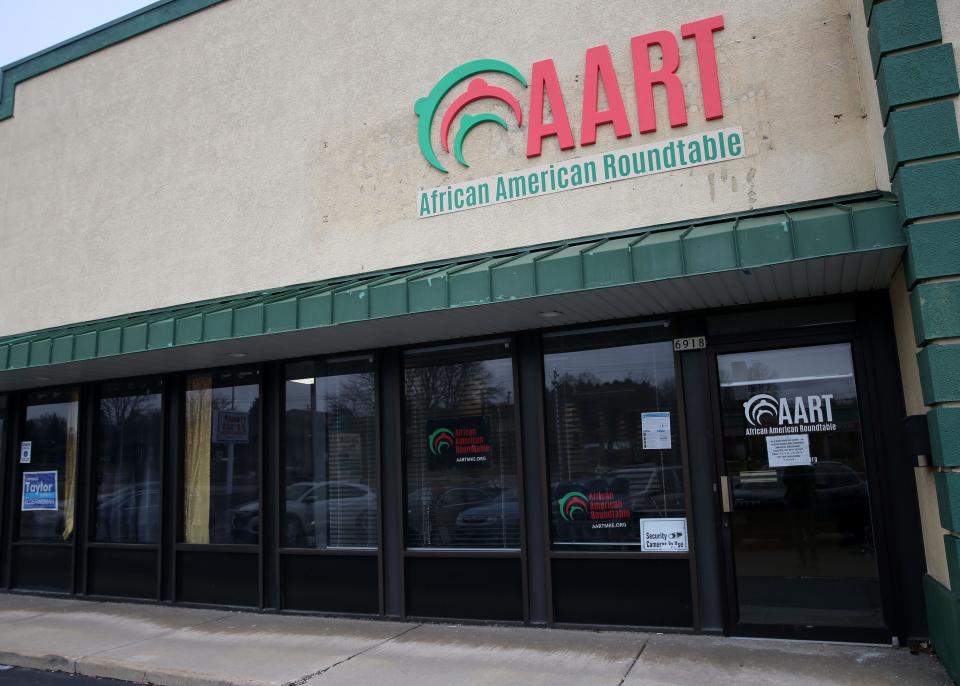African American Roundtable wants residents to choose how to spend $40K on Milwaukee's northwest side. Here's how it works.

After years of pushing the city of Milwaukee to establish a participatory budgeting process, the African American Roundtable will launch its own.
AART will invest $40,000 to create a community-led participatory budgeting process. The community-based nonprofit said it hopes the effort can give more of a voice to Milwaukee's northwest side, which it asserts has suffered economically from years of inattention.
Details are still being hammered out, but the aim is to enable residents to propose, vote and implement programs.
“We are deciding to put our money where our mouth is to say, ‘If you guys won’t do it, we have money as a nonprofit to support the needs of the community, so we’ll do it,’” said Markasa Tucker-Harris, AART’s executive director.
Here's what to know about participatory budgeting and what's next.
Participatory budgeting is used around the country to give residents a say in how public money is spent
Participatory budgeting is a democratic process in which residents have a say in how to spend some of a city’s public dollars. Several cities use it, including Chicago, Seattle, and Eau Claire, which was the first Wisconsin city to implement the practice.
Nearly 300 reported and confirmed participatory budgeting initiatives exist at the city and county levels, including districts and wards across the U.S., according to the Participatory Budgeting Project’s website.
AART is letting residents decide what projects the organization funds. It is basing its initiative on a report by Participatory Budgeting Project, which helps grassroots organizations and governments establish participatory budgeting processes.
The report details how community groups can incorporate participatory budgeting into their daily operations.
Milwaukee residents could propose and vote on improvements to their neighborhoods
A steering committee comprised of AART members would determine voting eligibility, criteria for proposals and the amount awarded to each project. AART would conduct community outreach to solicit proposals from residents.
Proposals could range from funding a block party to strengthen community relations, to addressing food insecurity.
The steering committee would hear the proposals and select the finalists, which would then be voted on by residents.
It's hoped that proposals would be voted on over the summer. The group also will conduct educational events on participatory budgeting and support individuals in writing proposals.
The goal is to come up with projects to improve the quality of life for residents on the city’s Northwest Side, an area that has seen decades of divestment, lack of effective leadership and a rash of business closures.

“We wanted to launch this project for a couple of reasons. One of which is to invest in our people,” said Devin Anderson, AART's membership and coalition manager.
This initiative, Anderson said, creates a space for people to come up with ideas or projects that address a community need or help people who don’t have funding to get their ideas off the ground.
“We see this as answering that call to help our people who have a lot of wonderful ideas and want to support the communities they live,” Anderson said. “The success of this will be rooted in the projects we fund and the impact it has on our community.”
Supporters of participatory budgeting say it's a democratic way of sharing decision-making power
AART has been advocating for a participatory budgeting process since 2019.
Several alderpersons sponsored a resolution to research the idea, which in 2020 passed unanimously out of the Common Council, but so far little has materialized.
Another opportunity arose with the American Rescue Plan Act funds. The ARPA funds were designated for cities to help residents impacted by the pandemic.
Ald. Milele Coggs sponsored a resolution in 2021 seeking a percentage of the pandemic relief dollars be divided among aldermanic districts and dispersed based on the principles of participatory budgeting. That effort died in committee.
The city holds public hearings and meetings, but often residents are unaware of them, they're not conducive to their schedules or they limit the time residents can speak, Tucker-Harris said.
“It’s a very faulty process,” Tucker-Harris said. “I don’t believe that it has worked well. It’s time for us to try something different.”
Mayor's office says people already have a voice in how city money is spent
Jeff Fleming, the mayor's communications director, disagrees. He said the ARPA Funding Allocation Task Force was an outgrowth of at least of one those resolutions. The task force has held public meetings to get feedback on how the city should spend the last $92.7 million in ARPA funds.
Fleming said the city's elected representative government already provides a process for residents to engage in the budget. He noted AART has unsuccessfully called for $75 million to be cut from the police budget — something that the elected government has chosen not to do.
"I think that because they're not prevailing in the process that exists, they want to change the process," Fleming said. "We have a representative body, a legislative body in which alderpeople are elected by all of the people, not those who have a specific interest."

This article originally appeared on Milwaukee Journal Sentinel: African American Roundtable launches participatory budgeting process

